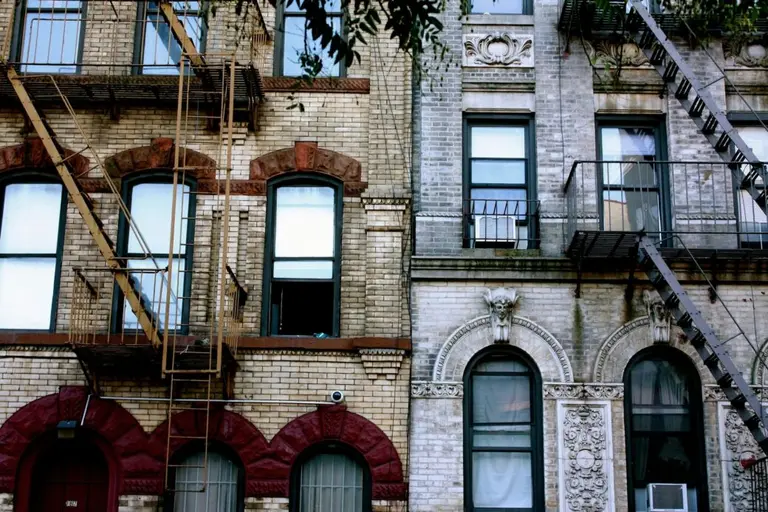NYCHA’s federal funding cut by $35M

Just a day after Ben Carson‘s confirmation as Secretary of the U.S. Department of Housing and Urban Development (HUD) last week, the New York City Housing Authority (NYCHA) penned a letter not only inviting him to tour the city’s public housing stock (the largest in the country) but urging him not to support budget cuts that would ultimately affect its 400,000 residents. Roughly $2 billion of NYCHA‘s total $3.2 billion operating budget comes from HUD funding, which is immediately needed for the thousands of apartments in dire need of repairs. But their worst fears have come true, as the Wall Street Journal confirms that Trump’s first budget cuts geared towards the city reduce NYCHA’s support by $35 million, the agency’s largest decrease in federal aid in five years, and this figure could very well grow to an unprecedented $150 million.
In last week’s letter to Carson, NYCHA Chair Shola Olatoye said:
In 2015, NYCHA adopted an entrepreneurial ten-year investment plan to secure the agency’s finances, increase efficiencies, and leverage private funding to preserve our housing stock, in part through HUD’s Rental Assistance Demonstration. Additionally, the City of New York has funded repair of NYCHA’s worst rated roofs, the first step in our comprehensive capital repair strategy. I look forward to discussing these practical strategies to prevent the loss of public assets that NYCHA is pursuing in partnership with HUD.
But in a letter from HUD dated February 26th, NYCHA learned of a 5 percent funding decrease, worse than the three percent they anticipated, as well as a $7.7 million cut to Section 8 programs. Though none of the decreases came with an explanation, some city officials close to the issue believe it’s a bureaucratic tactic to lessen the blow of more severe cuts later in the year.
NYCHA had an operating surplus of $21 million at the end of 2016, but due to the federal cuts they’re now $14 million in the red, which is in addition to $17.1 billion in unmet capital needs that resulted from a decade of reduced federal funding. “The direction we’re moving in is one where public housing is drastically different or doesn’t exist,” said Olatoye. “The progress we have made over the course of the last three years—it’s not that it’s at risk. It evaporates.”
[Via WSJ]
RELATED:



























